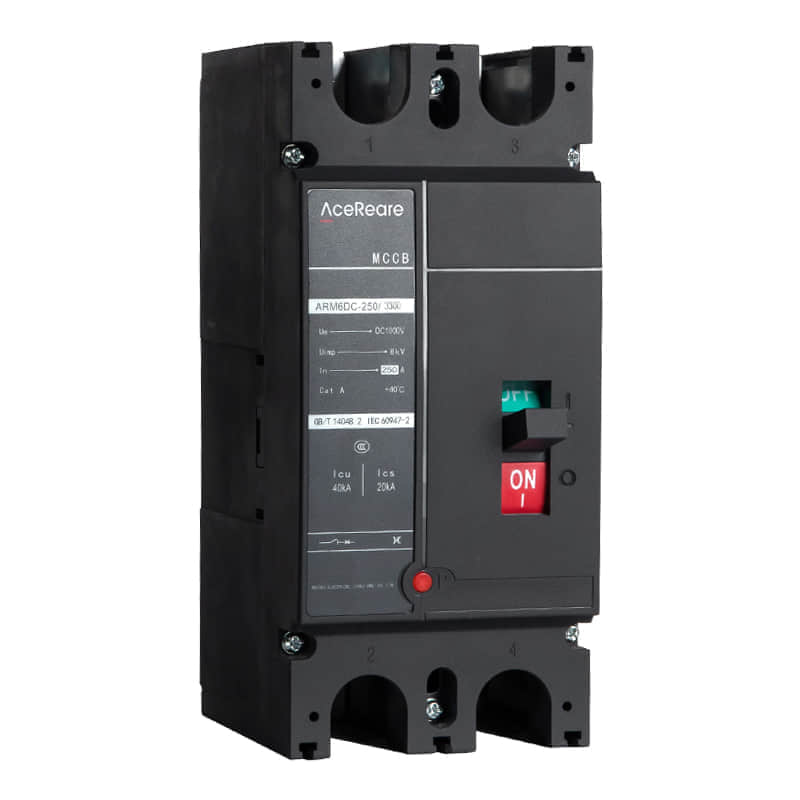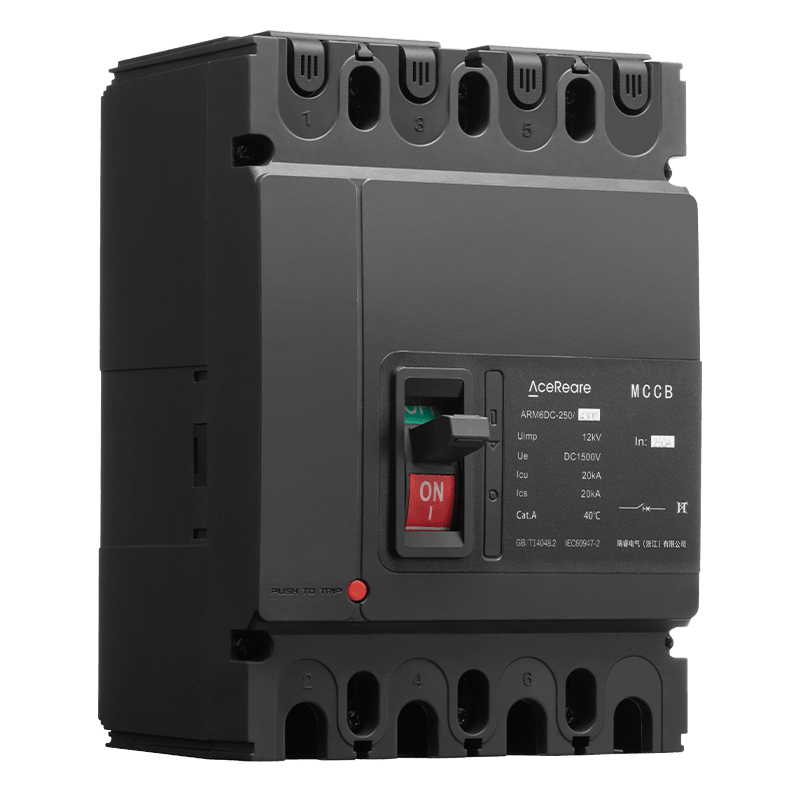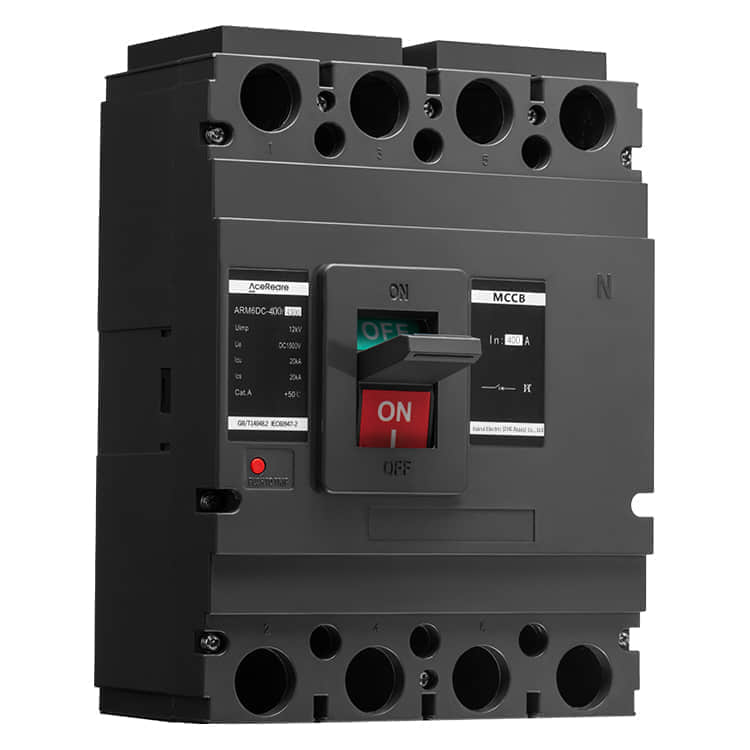
Date | 2024-09-17 06:08:51
In the realm of solar energy, the integration of advanced protective devices is crucial for ensuring the safety and efficiency of photovoltaic (PV) systems. One such device is the Photovoltaic Molded Case Circuit Breaker (MCCB), which plays a pivotal role in safeguarding solar installations from electrical faults and overloads. This article delves into the functions, advantages, and significance of Photovoltaic MCCBs in modern solar power systems.

A Photovoltaic MCCB is a specialized type of circuit breaker designed to protect solar power systems from potential electrical hazards. Unlike conventional circuit breakers, Photovoltaic MCCBs are engineered to handle the unique characteristics of photovoltaic circuits, including the high currents and varying voltage levels inherent in solar installations. Their primary function is to disconnect the electrical circuit when an overcurrent or short circuit is detected, thereby preventing damage to the system and ensuring the safety of both the equipment and personnel.

